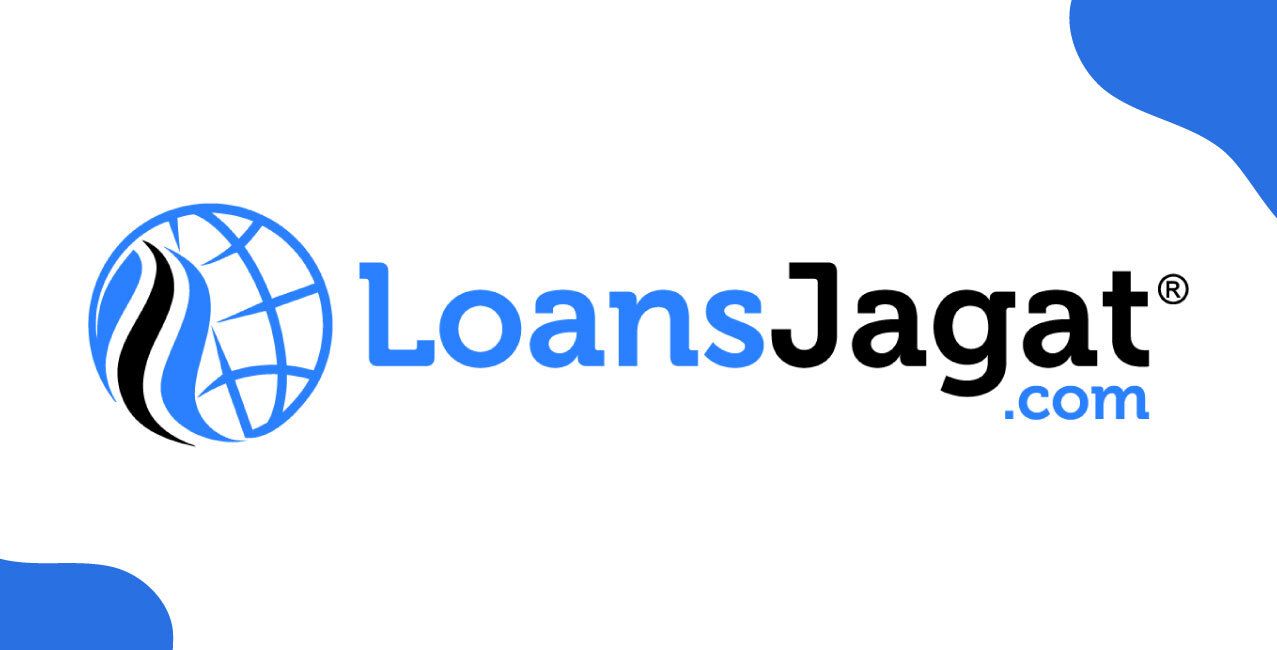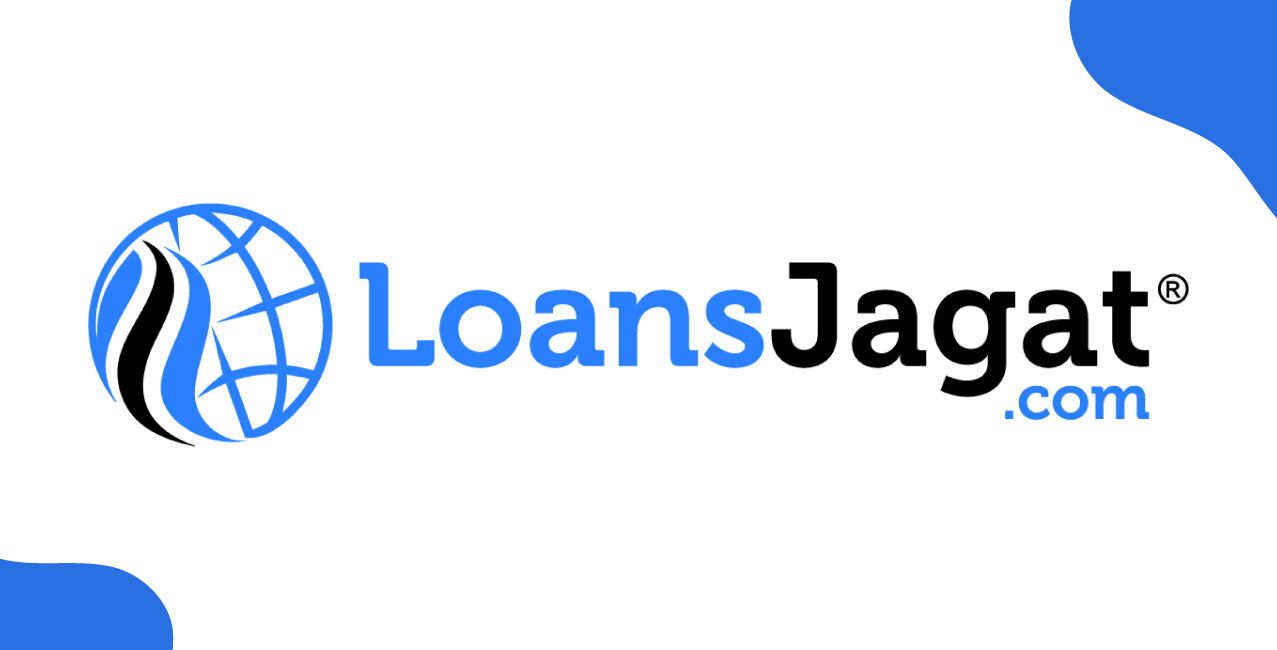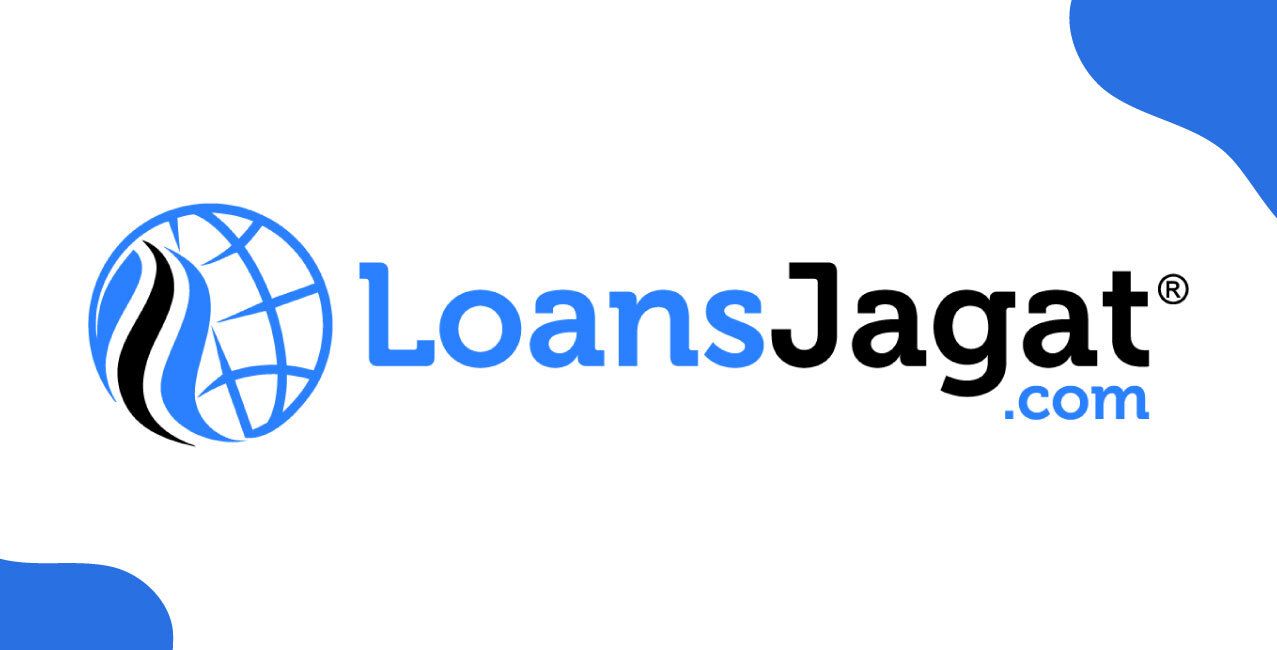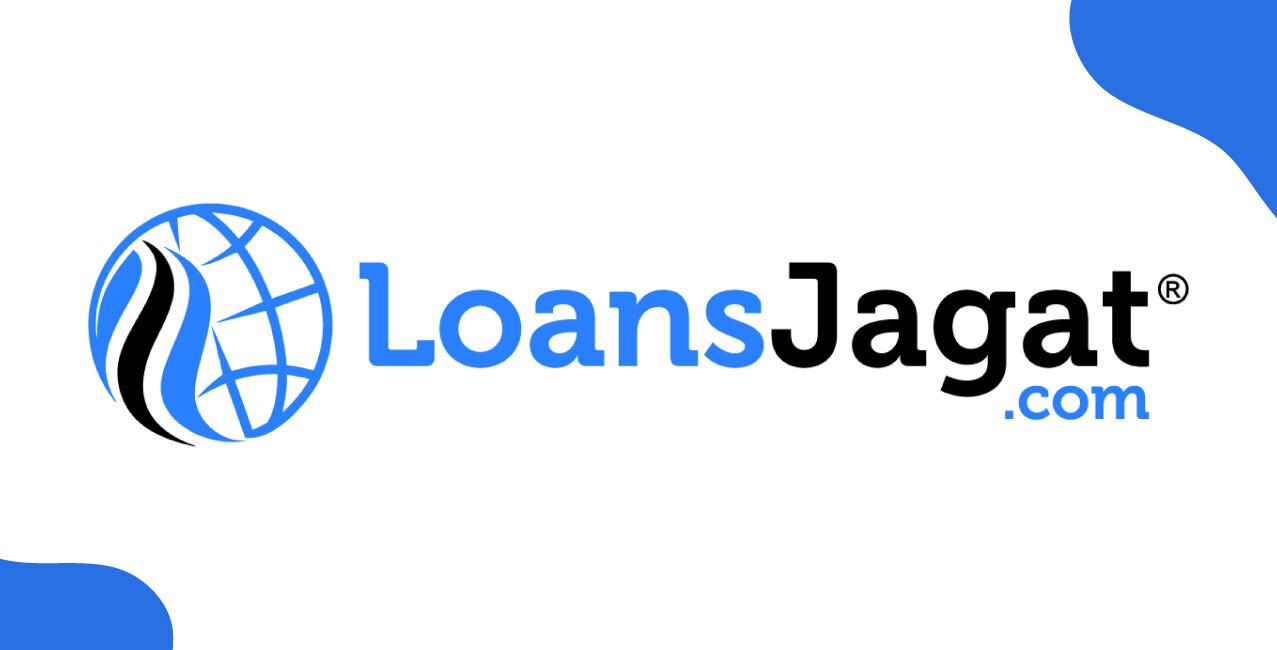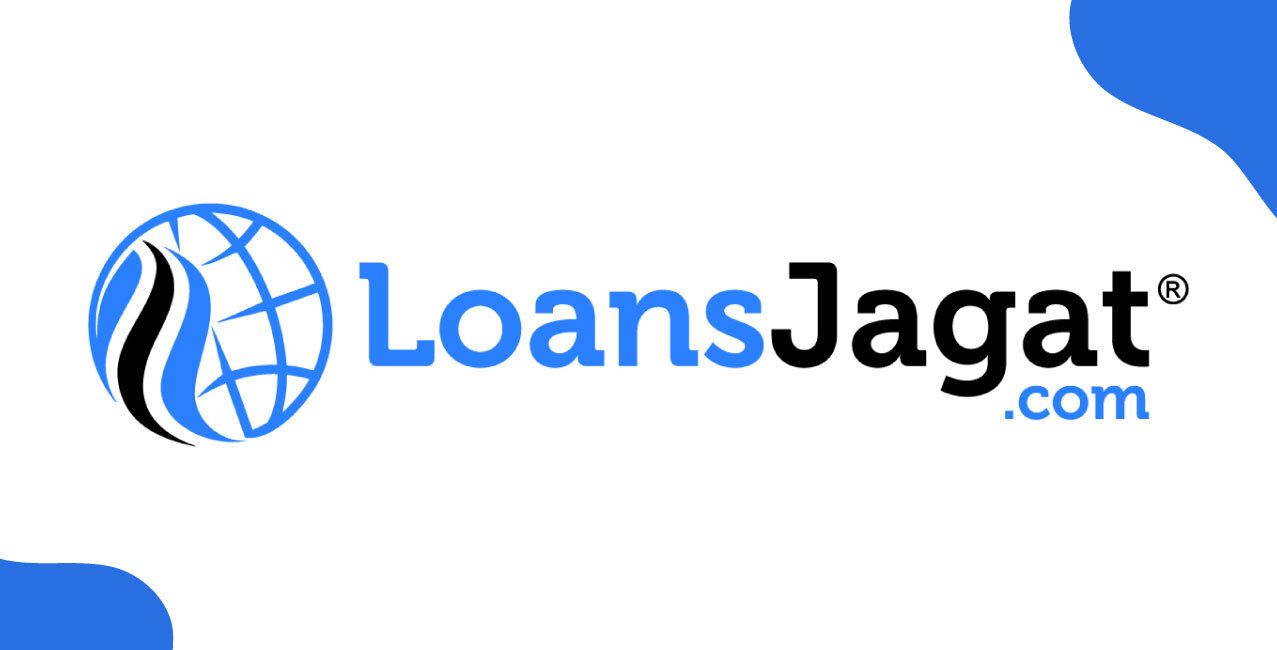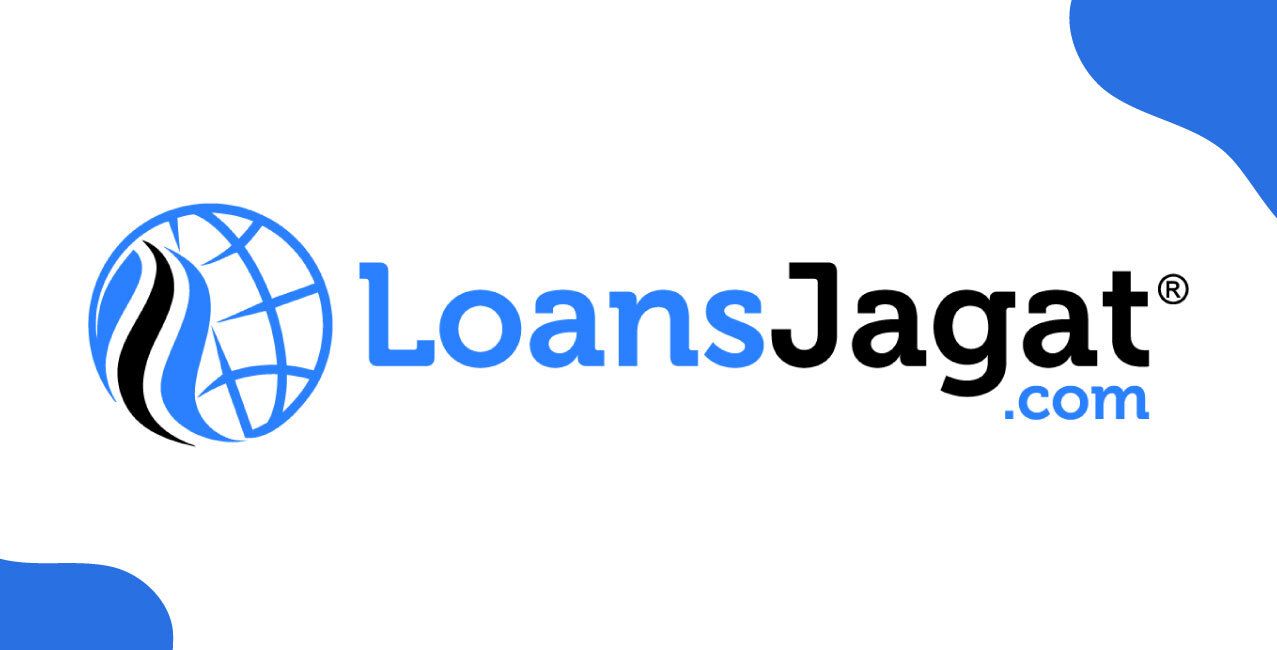Are Indians Eligible Only For Gold Loans Now? India’s Gold Loan Market Poised to Touch ₹15 Lakh Crore by FY26
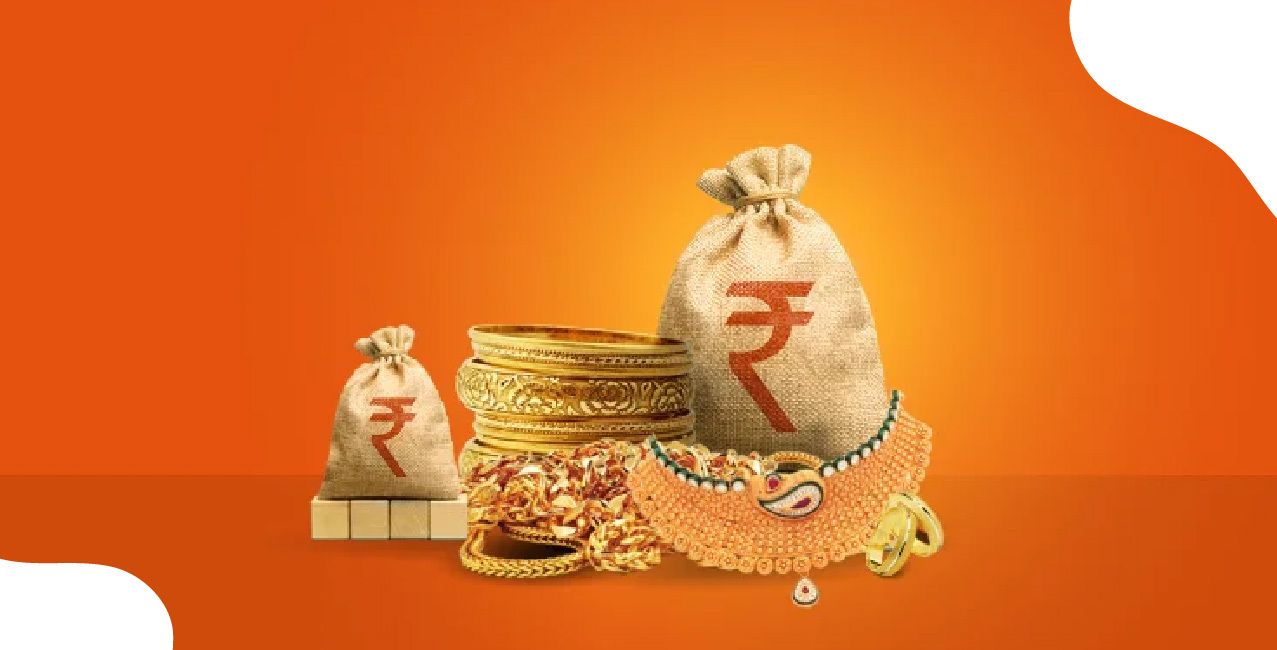
Check Your Loan Eligibility Now
By continuing, you agree to LoansJagat's Credit Report Terms of Use, Terms and Conditions, Privacy Policy, and authorize contact via Call, SMS, Email, or WhatsApp
India’s fascination with gold has long transcended cultural boundaries to become a key pillar of its financial ecosystem. With households collectively holding over 27,000 tonnes of gold, the precious metal serves not only as an ornament but also as a vital financial instrument. In recent years, gold loans — loans secured by pledging gold ornaments, have emerged as one of the fastest-growing retail credit products. Experts now predict that India’s gold loan market could touch ₹15 lakh crore by March 2026, reflecting strong demand across both urban and rural economies.
This article explores the factors behind this exponential growth, the changing borrower profile, the competition between banks and NBFCs, and how digitisation and regulatory support are reshaping the sector.
1. The Evolution of India’s Gold Loan Market
The gold loan segment has evolved from being an emergency funding option to a mainstream credit product. Traditionally, households pawned gold during financial distress; however, over the last decade, the perception of gold loans has transformed. They are now used for business expansion, education, agriculture, and even short-term investments.
The total market size, which stood at around ₹10.8 lakh crore in FY24, is expected to grow at a compound annual growth rate (CAGR) of approximately 15–17% over the next two years. This momentum is supported by higher gold prices, a favourable interest rate environment, and increasing financial inclusion in semi-urban areas.
2. Key Drivers of Growth in the Gold Loan Sector
Rising Gold Prices and Household Wealth
India’s gold prices have surged by nearly 20% in the last two years, lifting the loan-to-value potential for borrowers. As households’ gold holdings appreciate, lenders can disburse higher amounts against the same collateral.
Digitisation and Fintech Collaboration
Fintech partnerships are making gold loans more accessible. Leading NBFCs and banks have introduced “doorstep gold loan” models and digital gold valuation tools, allowing borrowers to access funds within hours.
Shifting Borrower Profiles
The borrower base is diversifying. While rural households remain the largest users, small traders, women entrepreneurs, and even salaried professionals are increasingly opting for gold loans due to minimal paperwork and quick processing.
Regulatory Reforms
RBI’s consistent focus on transparency and fair practices has instilled greater trust in the gold loan ecosystem. The loan-to-value ratio cap of 75% ensures risk moderation, while the push for digital KYC and valuation guidelines enhances operational efficiency.
3. Market Structure: Banks vs NBFCs
While Non-Banking Financial Companies (NBFCs) such as Muthoot Finance and Manappuram Finance have long dominated the sector, commercial banks are rapidly increasing their footprint. NBFCs, with their deep rural penetration and flexible products, hold nearly two-thirds of the total market share, but banks are closing the gap through lower interest rates and integrated digital platforms.
Estimated Market Share in India’s Gold Loan Segment (FY24–FY26 Projection)
The gradual rise of banks’ share highlights the competitive dynamics driving innovation and customer-centric models. NBFCs are responding by diversifying into micro-loans and digital services, ensuring resilience against the expanding banking presence.
4. Rural Lending and Financial Inclusion
Gold loans are increasingly serving as a financial bridge in rural India. With limited access to formal credit channels, gold loans have become a lifeline for farmers and small traders. Nearly 60% of gold loans originate from semi-urban and rural districts, where formal documentation barriers often hinder access to other forms of credit.
Regional Distribution of Gold Loans in India (FY24 Estimates)
This regional split demonstrates how the gold loan model contributes significantly to rural credit access, especially in states like Kerala, Tamil Nadu, and Andhra Pradesh, which have a deep cultural affinity for gold ownership.
5. The Role of Technology and Digital Gold Loans
Technological integration is redefining gold lending. Innovations such as AI-based gold valuation, app-based repayments, and video-KYC have reduced processing times from days to mere hours. Digital gold loan platforms are also allowing borrowers to top up or renew loans without visiting branches, enhancing convenience and financial inclusion.
Moreover, with the advent of tokenisation and blockchain-based gold tracking, the authenticity of pledged gold is better safeguarded, minimising fraud risks.
6. Risks and Challenges Ahead
Despite robust growth, the gold loan market faces notable challenges. Volatility in gold prices can affect lenders’ asset quality, particularly if prices decline sharply. Over-reliance on short-term borrowing for long-term needs could also increase default risks.
Additionally, the rise of unregulated local financiers remains a concern, as they often operate outside RBI norms, exposing borrowers to unfair lending practices. Strengthening financial literacy and promoting responsible borrowing are thus essential for sustainable growth.
Conclusion
India’s gold loan market stands at a transformative juncture, blending tradition with technology. As the sector marches towards the ₹15 lakh crore mark by FY26, its evolution signals both economic resilience and expanding financial inclusion. The convergence of fintech, regulatory support, and customer awareness is making gold not just a store of value, but a powerful enabler of credit accessibility for millions of Indians.
The journey ahead promises a more structured, transparent, and digitally-driven lending landscape, one that turns the nation’s gold reserves into engines of inclusive economic growth.
About the author

LoansJagat Team
Contributor‘Simplify Finance for Everyone.’ This is the common goal of our team, as we try to explain any topic with relatable examples. From personal to business finance, managing EMIs to becoming debt-free, we do extensive research on each and every parameter, so you don’t have to. Scroll up and have a look at what 15+ years of experience in the BFSI sector looks like.
Subscribe Now
Related Blog Post

Home Loan Interest Rates 2025 Deliver Major EMI Relief, Will Borrowers See More Gains In 2026?
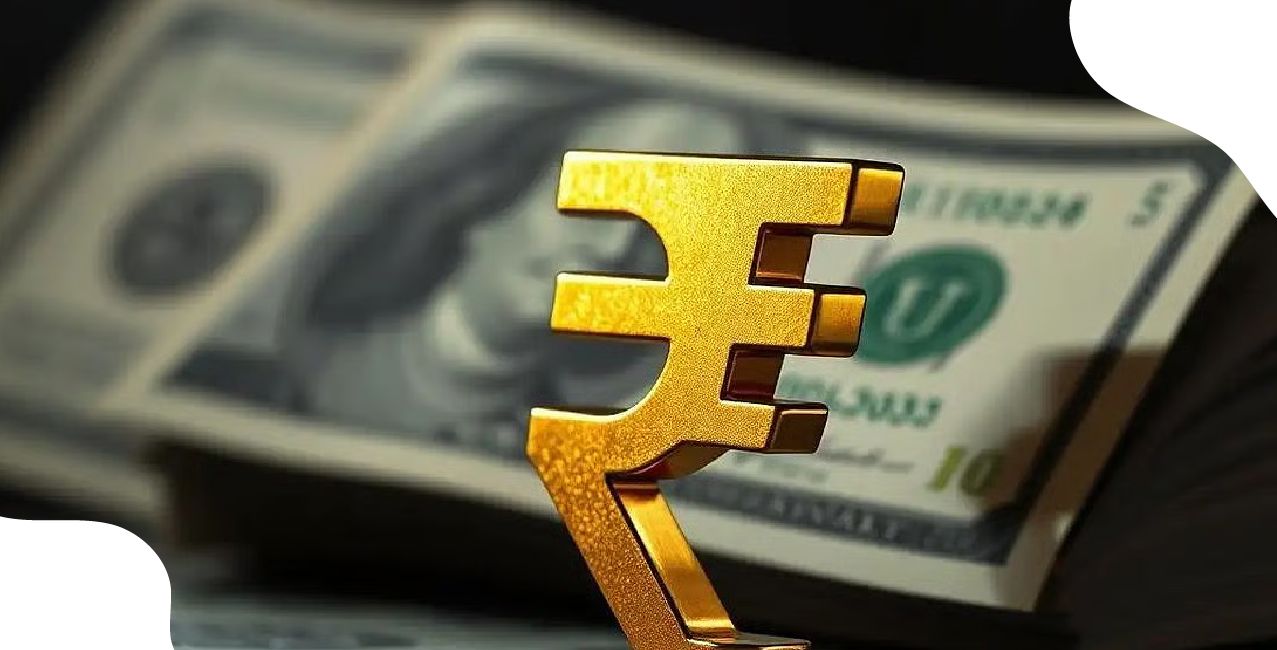
Will the Indian Rupee Stabilise in 2026 After a Volatile 2025?
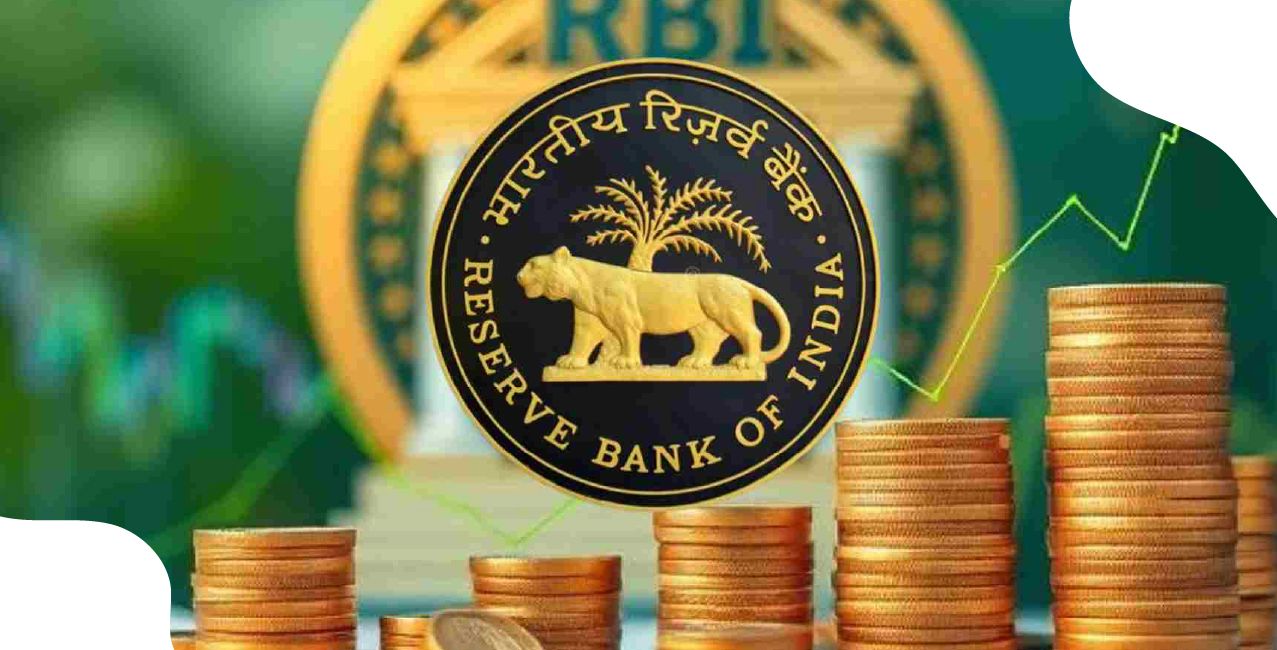
RBI Draft Rules Target Surprise Costs in Overseas Payments
Recent Blogs
All Topics
Contents
Quick Apply Loan
Consolidate your debts into one easy EMI.
Takes less than 2 minutes. No paperwork.
10 Lakhs+
Trusted Customers
2000 Cr+
Loans Disbursed
4.7/5
Google Reviews
20+
Banks & NBFCs Offers
Other services mentioned in this article
